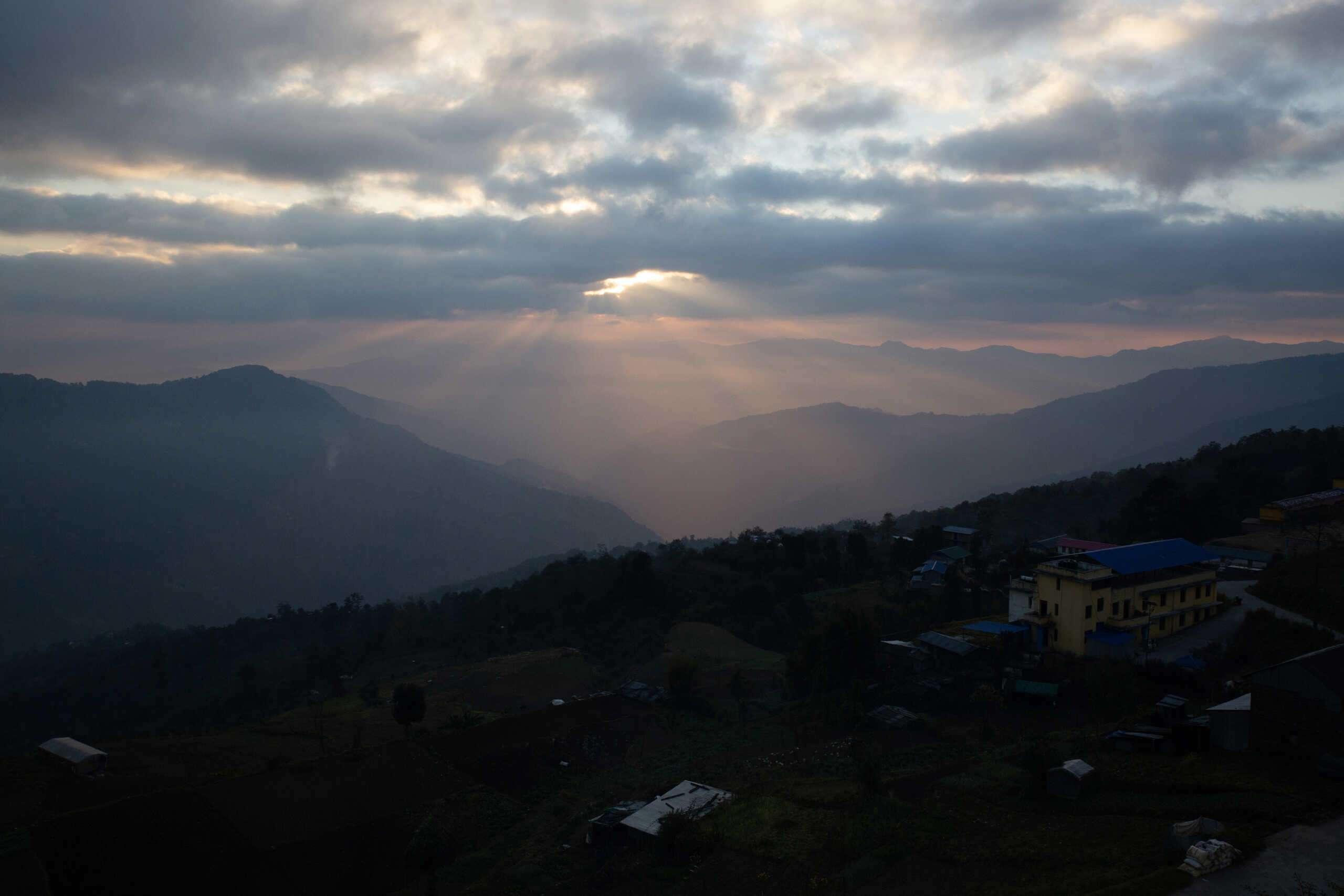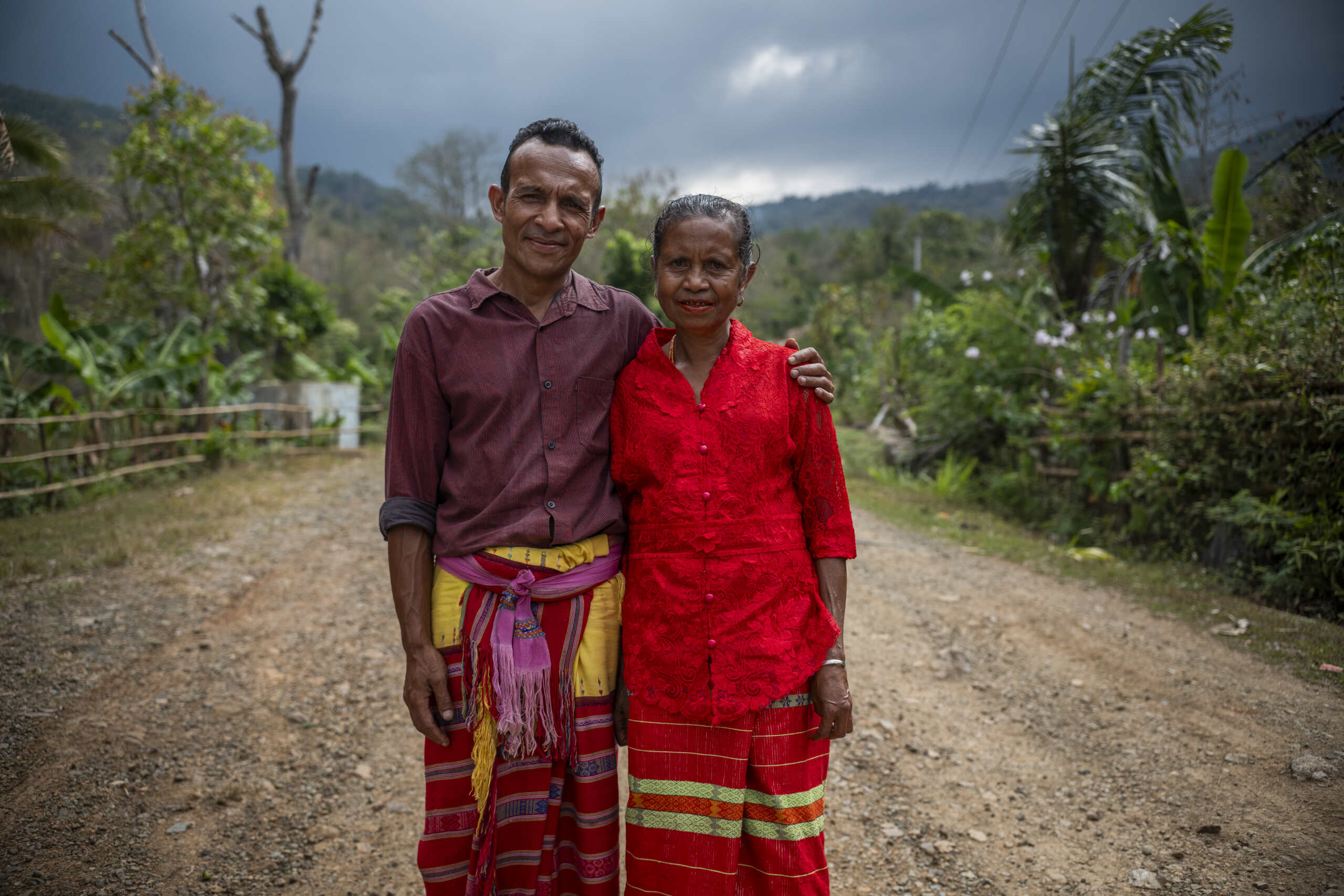Hunger is gripping madagascar
Stories | March 17, 2022
Like many countries around the world, the island of Madagascar off the coast of East Africa has been hit hard by COVID-19. Tragically, the country is now in the grips of a double headed crisis as it deals with devastation and starvation brought on by an unprecedented drought.
The United Nations’ World Food Program estimates that more than a million people in southern Madagascar are on the verge of starvation, and many thousands of people are already in famine-like conditions.
Satry, who is managing the humanitarian response from the CBM country office in Madagascar, describes the perilous situation as a once in a generation event.
“Southern regions of Madagascar are now facing the most severe drought and food crisis in decades and back to back droughts in the southern regions have left more than 14,000 people in catastrophic conditions,” he says.
“They have no food, no water and they are on the verge of starvation with people resorting to eating insects, leaves, and cactus plants to survive.”
Satry says that Madagascar has experienced successive droughts over recent years, and the cumulative effect means the most recent drought has hit hard.
“The region has faced back-to-back droughts and there is no rain for many months now and then, even organisations and population there, they’ve tried to plant something, to have farming and something like that without rain, without water, nothing is possible.”
The devastation of crops and livestock has created a deadly crisis meaning that in some areas, three out of every four families are starving.
People with disabilities are already left behind in many ways in Madagascar, and Satry says urgent work is needed to ensure they are included in the humanitarian response to the famine.
“People with disabilities in the Southern regions of Madagascar are more likely to be excluded from public life and so they go unnoticed by humanitarian organisations and face various barriers to access aid,” he says.
“With this crisis, their situation is getting from bad to worse. The places where food or cash are distributed are always inaccessible to [a] person with disability. Humanitarian support is not accessible to persons with hearing impairment, visual impairment or intellectual impairment, so they are not aware of what is happening around them and what kind of support they can have.”
CBM is on the ground with local partners to ensure that people, including those with disabilities, can access life-saving food, material aid and livelihood programs.
“Our approach is straightforward, [this] response was designed based on the needs expressed by persons with disabilities themselves,” says Satry.
“Since the situation is getting worse, we urgently need to do more to enable people with disabilities to access food, water and medicines. If we do not do more, people with disabilities in these regions of Madagascar will remain left behind from all responses and they are more at risk of starvation.”
Can you donate to support starving people in Madagascar today?
https://www.cbm.org.au/stories/hunger-is-gripping-madagascar
Related Stories

Building inclusive, climate resilient communities in Bangladesh
Highlights from DFAT Post’s visit In January 2026, representatives from the Australian High Commission in...

Week 1 – Lent series 2026
As we enter the season of Lent, we’re taking time as a community to pause, reflect, and draw closer to the heart of God. Lent invites...

How CBM is making a difference in Indonesia
For more than 45 years, CBM Global has been working alongside communities in Indonesia to ensure people with disabilities...
